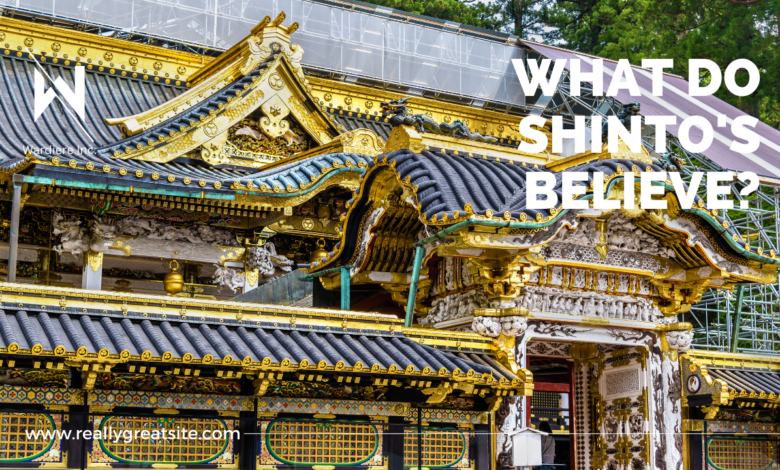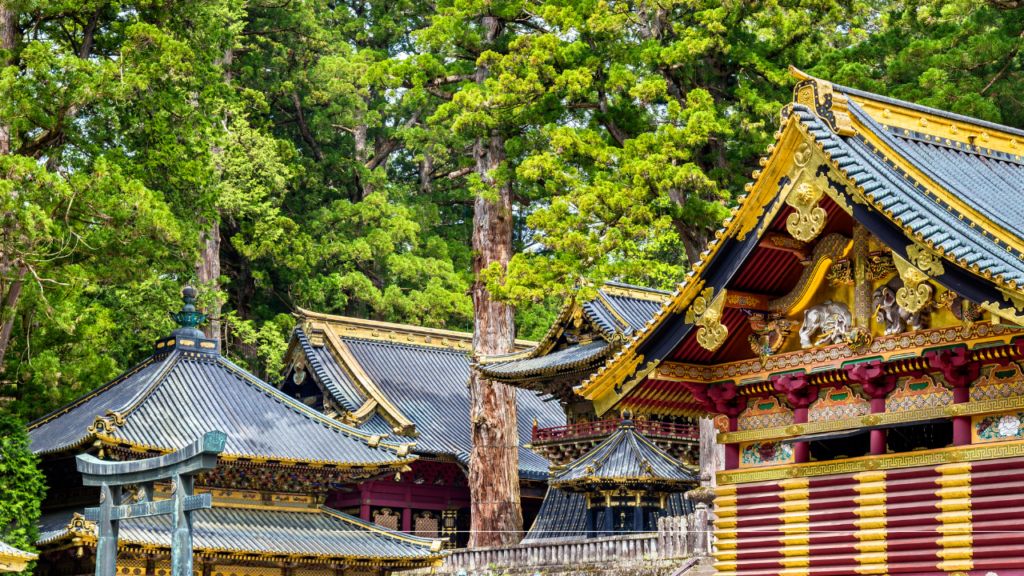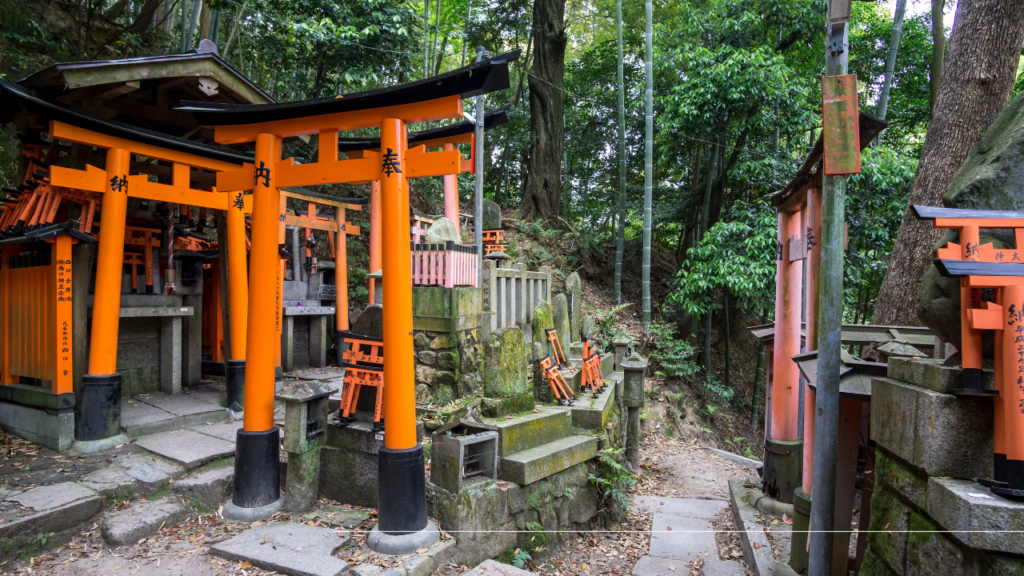
What do Shinto’s Believe?
Shintoists believe that nature is sacred, and they have a deep reverence for natural elements. Many Shinto rituals and ceremonies are dedicated to honoring and connecting with nature.

Introduction
Shinto, Japan’s indigenous religion, is a complex and multifaceted belief system that has played a significant role in the country’s cultural and spiritual life for centuries. Shinto believers, often referred to as Shintoists, hold a wide range of beliefs and practices that center around the worship of kami, the spirits or deities that inhabit the natural world. In this article, we’ll explore the core beliefs and practices of Shintoism and gain a deeper understanding of what Shintoists believe.
Kami
The Divine Spirits At the heart of Shinto belief is the concept of kami, which can be translated as “spirits” or “deities.” Kami are thought to inhabit the natural world, including mountains, rivers, trees, and even animals. They can also be the spirits of ancestors, historical figures, and other revered beings. Shintoists believe that these kami have the power to influence human life and nature. Kami are not transcendent gods in the Western sense but are immanent, dwelling in the everyday world.
Also check.
- What is Shinto Religion?
- When did Christianity start?
- Why is Ghusl Performed in Islam?
- What is Samsara in Hinduism?
- What is Islam and Iman?
Worship and Rituals
Worship and Ritual Shinto worship is centered on rituals and ceremonies performed at shrines. Shintoists visit shrines to pay respects to specific kami and seek their blessings or guidance. These rituals often involve offerings of food, sake (rice wine), or other symbolic items. Cleansing rituals, like purifying one’s hands and mouth with water, are common before entering a shrine to show respect and purity. The ringing of bells, clapping hands, and bowing are also customary practices during Shinto ceremonies.
Connection to Nature
Connection to Nature Shintoism places a strong emphasis on the natural world. Shintoists believe that kami are present in the beauty and power of nature. Mountains, rivers, and other natural features are often considered sacred, and ceremonies are conducted to honor these natural elements. Many festivals and celebrations are tied to the changing of the seasons and the agricultural calendar, reflecting the deep connection between Shinto beliefs and nature.
Ancestor Veneration
Ancestor Veneration In addition to natural kami, Shinto also involves the veneration of ancestors. Ancestral spirits, or kami of one’s own family, are honored and remembered through various rituals. Ancestor worship is an essential part of Japanese culture, and these rites often take place within the home or at local shrines.
Respect for Tradition
Respect for Tradition Shintoists hold a deep respect for tradition and history. The imperial family, in particular, plays a significant role in Shintoism, and the Japanese emperor is often regarded as the highest authority in the religion. Shinto practices and rituals are deeply intertwined with the country’s cultural heritage, and many customs have been passed down through generations.
Tolerance and Inclusivity
Tolerance and Inclusivity Shintoism is generally a tolerant and inclusive religion. It does not demand exclusive allegiance, and many Japanese people practice Shinto alongside other belief systems, such as Buddhism. Shintoism is characterized by a flexible approach to spirituality and encourages individuals to find their own path.
Festivals and Celebrations
Festivals and Celebrations Shintoism is known for its vibrant and numerous festivals and celebrations. These events often revolve around the seasons, harvests, and important life milestones, such as birth, coming of age, and marriage. Some of the most famous Shinto festivals include the Gion Matsuri in Kyoto, the Gion Matsuri in Kyoto, and the Hatsumode, a New Year’s visit to shrines.
Conclusion
In conclusion, Shinto beliefs are deeply rooted in the worship of kami, a reverence for nature, and a strong connection to tradition and cultural heritage. Shintoism is a religion that celebrates the beauty of the natural world and the power of the spirits that inhabit it. It offers a unique perspective on spirituality, one that is deeply entwined with Japanese culture and continues to influence the lives of many in the modern world.

FAQs
What is Shintoism?
Shintoism is the indigenous religion of Japan, characterized by the belief in kami, the spirits or deities that inhabit the natural world.
Who are the kami in Shintoism?
Kami are divine spirits that can be found in nature, including mountains, rivers, trees, as well as in ancestors and historical figures.
What do Shintoists believe about nature?
Shintoists believe that nature is sacred, and they have a deep reverence for natural elements. Many Shinto rituals and ceremonies are dedicated to honoring and connecting with nature.
How do Shintoists worship?
Shinto worship involves visiting shrines, making offerings, performing cleansing rituals, and participating in ceremonies that show respect to the kami.
Is Shintoism exclusive or tolerant of other beliefs?
Shintoism is generally tolerant and inclusive, and many Japanese people practice it alongside other belief systems, such as Buddhism.
What role does tradition play in Shinto beliefs?
Tradition is highly valued in Shintoism. Many customs and rituals have been passed down through generations, and the imperial family and cultural heritage hold significant importance.
How do Shintoists honor their ancestors?
Ancestral spirits, or the kami of one’s own family, are honored and remembered through various rituals, often within the home or at local shrines.




